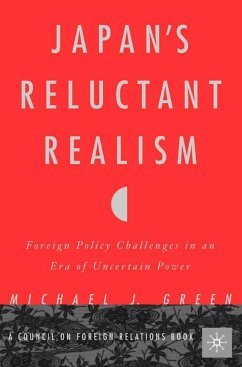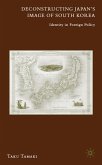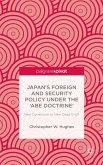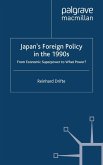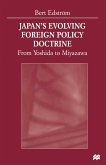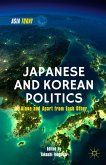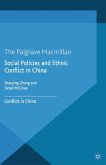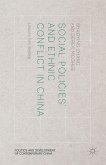In Japan's Reluctant Realism , Michael J. Green examines the adjustments of Japanese foreign policy in the decade since the end of the Cold War. Green presents case studies of China, the Korean peninsula, Russia and Central Asia, Southeast Asia, the international financial institutions, and multilateral forums (the United Nations, APEC, and the ARF). In each of these studies, Green considers Japanese objectives; the effectiveness of Japanese diplomacy in achieving those objectives; the domestic and exogenous pressures on policy-making; the degree of convergence or divergence with the United States in both strategy and implementation; and lessons for more effective US - Japan diplomatic cooperation in the future. As Green notes, its bilateral relationship with the United States is at the heart of Japan's foreign policy initiatives, and Japan therefore conducts foreign policy with one eye carefully on Washington. However, Green argues, it is time to recognize Japan as an independent actor in Northeast Asia, and to assess Japanese foreign policy in its own terms.
Bitte wählen Sie Ihr Anliegen aus.
Rechnungen
Retourenschein anfordern
Bestellstatus
Storno

